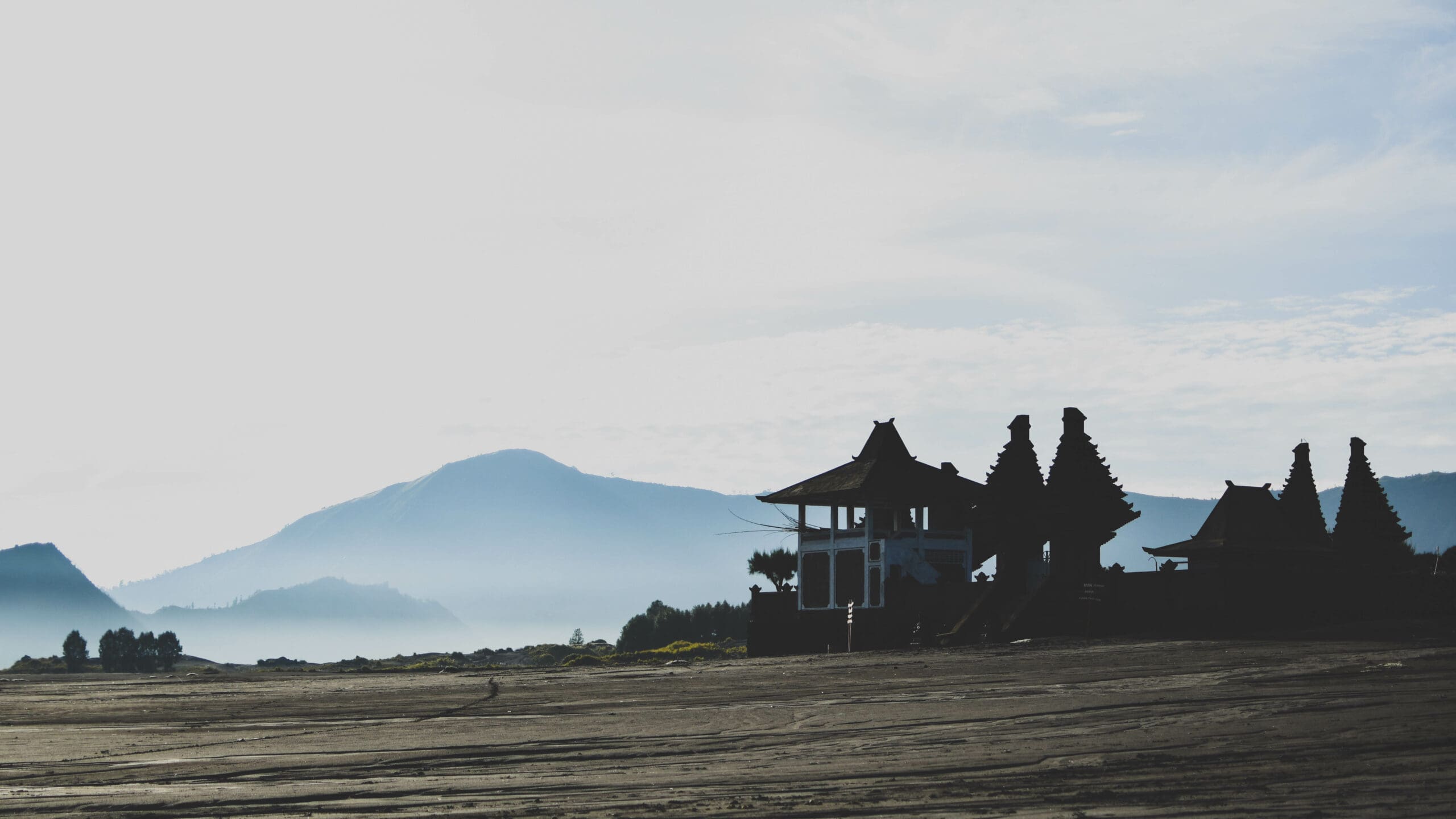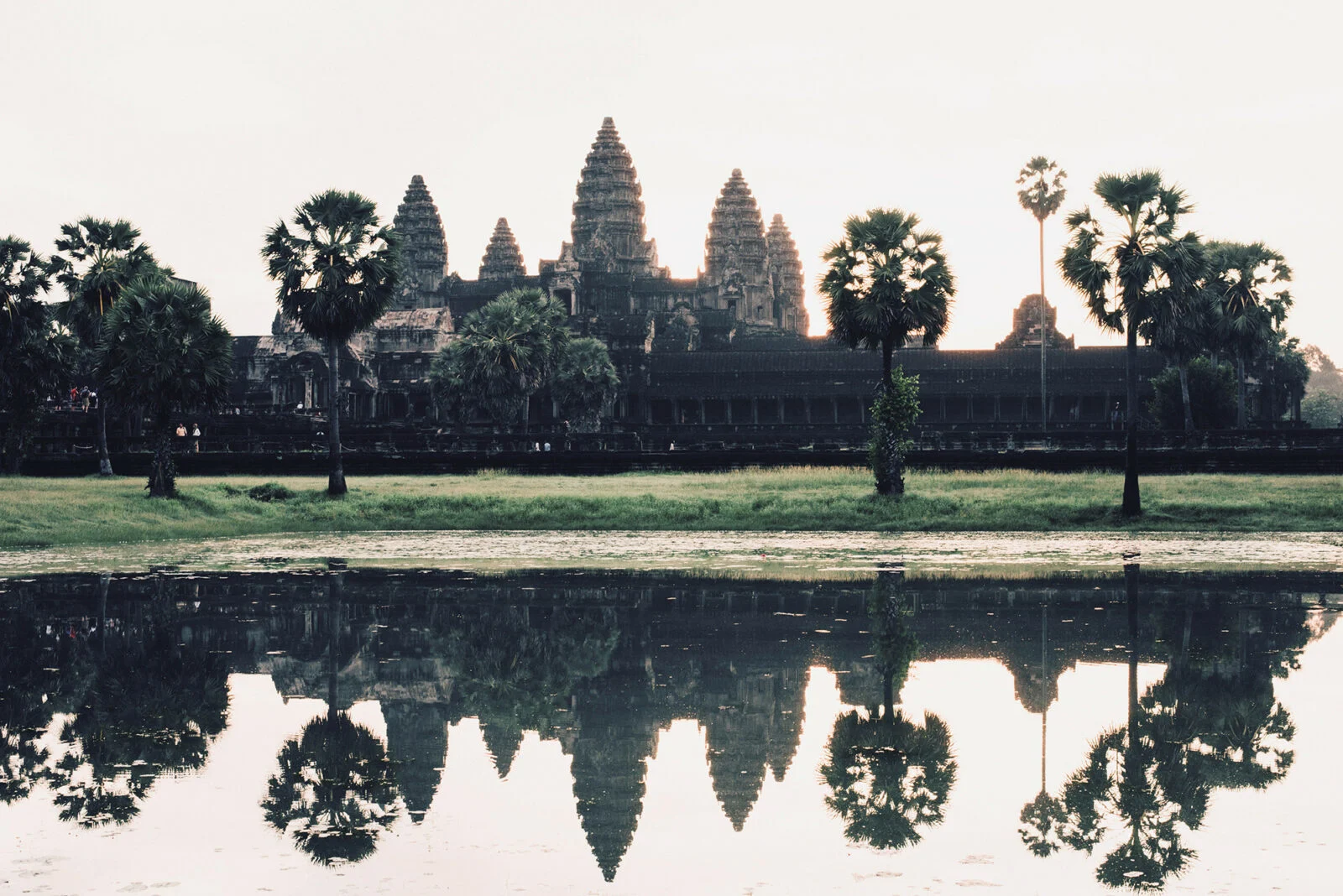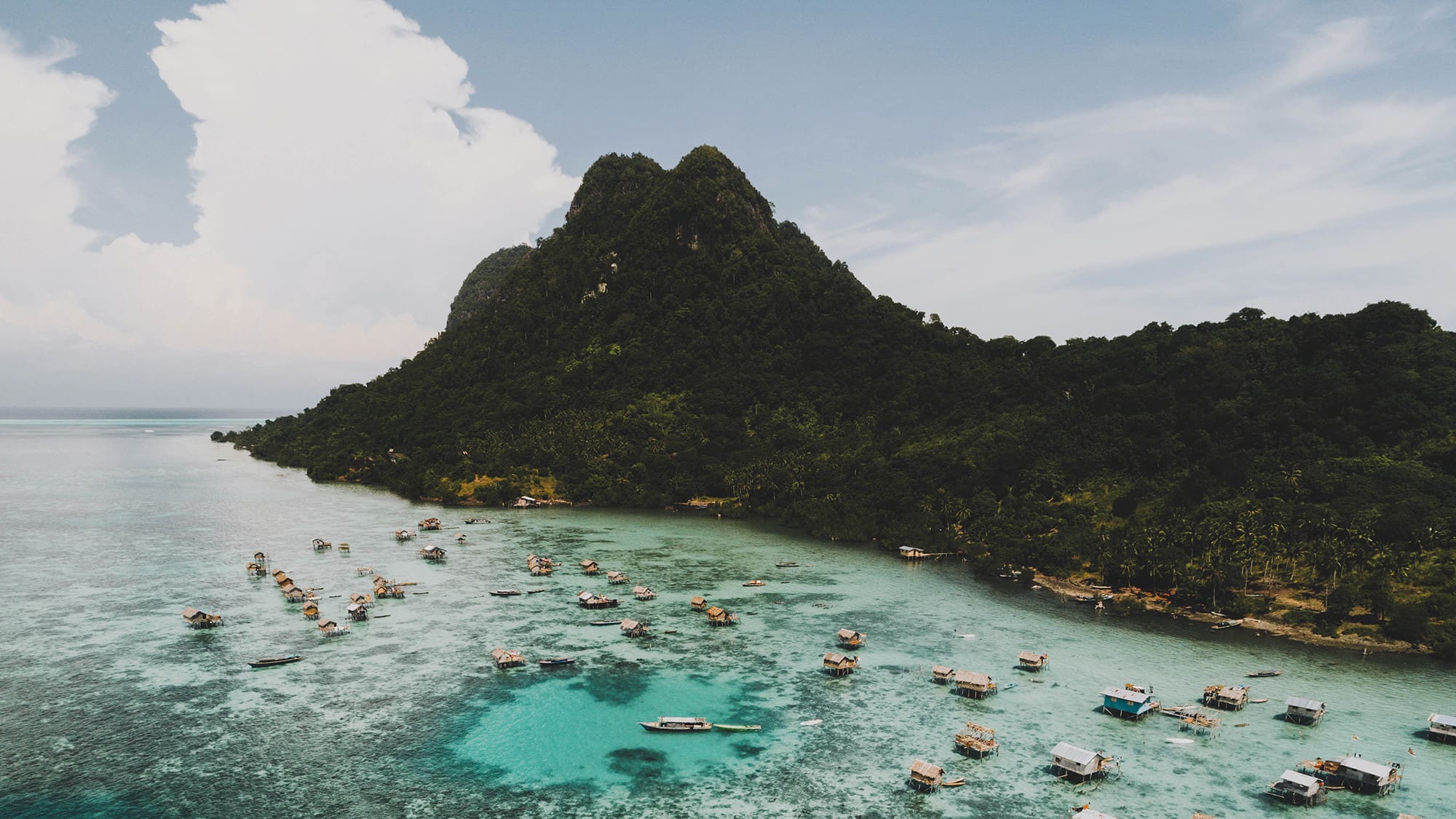My Quechua name is Danika.
Here in Huaraz, Peru, we are working with a ministry called AWI. They have worked for years to translate the Bible into the local Quechua dialects. This task has only recently been completed and they have boxes and boxes of new Bibles in Quechua. But not only in Quechua, in the specific dialects of the language that vary from region to region. It is so, so cool.
On our arrival, we were all given our Quechua names. Kayla doesn’t really have a Quechua equivalent, so we went off of my middle name, Danielle. Quechua is a difficult language and I have only picked up a little bit. I can understand maybe 3% of what is said, and some of that is because they occasionally throw Spanish words in the mix, although overall the language does not look or sound like Spanish at all.
Our ministry looks SUPER different from month 1. It also varies greatly day to day. Sometimes we go to church to preach and share testimonies. Sometimes we go into local schools to share testimonies. Sometimes we visit local farms of the people who work for the ministry and do manual labor such as carrying firewood, planting trees or potatoes, or building a pigpen. We also sometimes go to the markets to sing songs in Quechua and to share the Gospel in Quechua and tell them how they now have the Bible in their own language.
When we go to churches, schools and markets, we always wear our Quechua clothes, well everyone except me. I get out of it a lot of the time because none of the clothes fit me. The people of Peru are much smaller than me. We also always sing the songs we have learned in Quechua. We spent the first two days here doing nothing but learning songs in Quechua.
This month has been very different and has been kind of a challenge for me. Honestly, I thought I would make it to month 4 (Africa) before there was a language and cultural barrier. I mean, I speak Spanish and have traveled to Central/South America quite often. Huaraz, Peru, however, is nothing like anywhere I have ever been before.
Sure, I can still communicate more than my teammates, and most people who speak Quechua do also speak Spanish. It is just different for me to not be the primary means of communication; I’m not used to having a language barrier. Huaraz is also in the mountains at 11,000 ft elevation. Elevation is not my friend; it makes it hard to breath when climbing stairs or doing anything minimally exertive. It is, however, breathtakingly beautiful. I have spent more time on farms in the last two weeks than I think I have in my entire life. All in all, I’m still finding my role in ministry this month which makes it all feel a bit more challenging.
Also, we are preaching and teaching at churches – can we talk about how much I do not like to be on stage. Although I don’t mind being on the stage to translate, when I am the one teaching, I do not love it. It’s an area of growth for sure!
Thank you all for following along, praying and encouraging. Your support means the world!
With love,
Kayla





